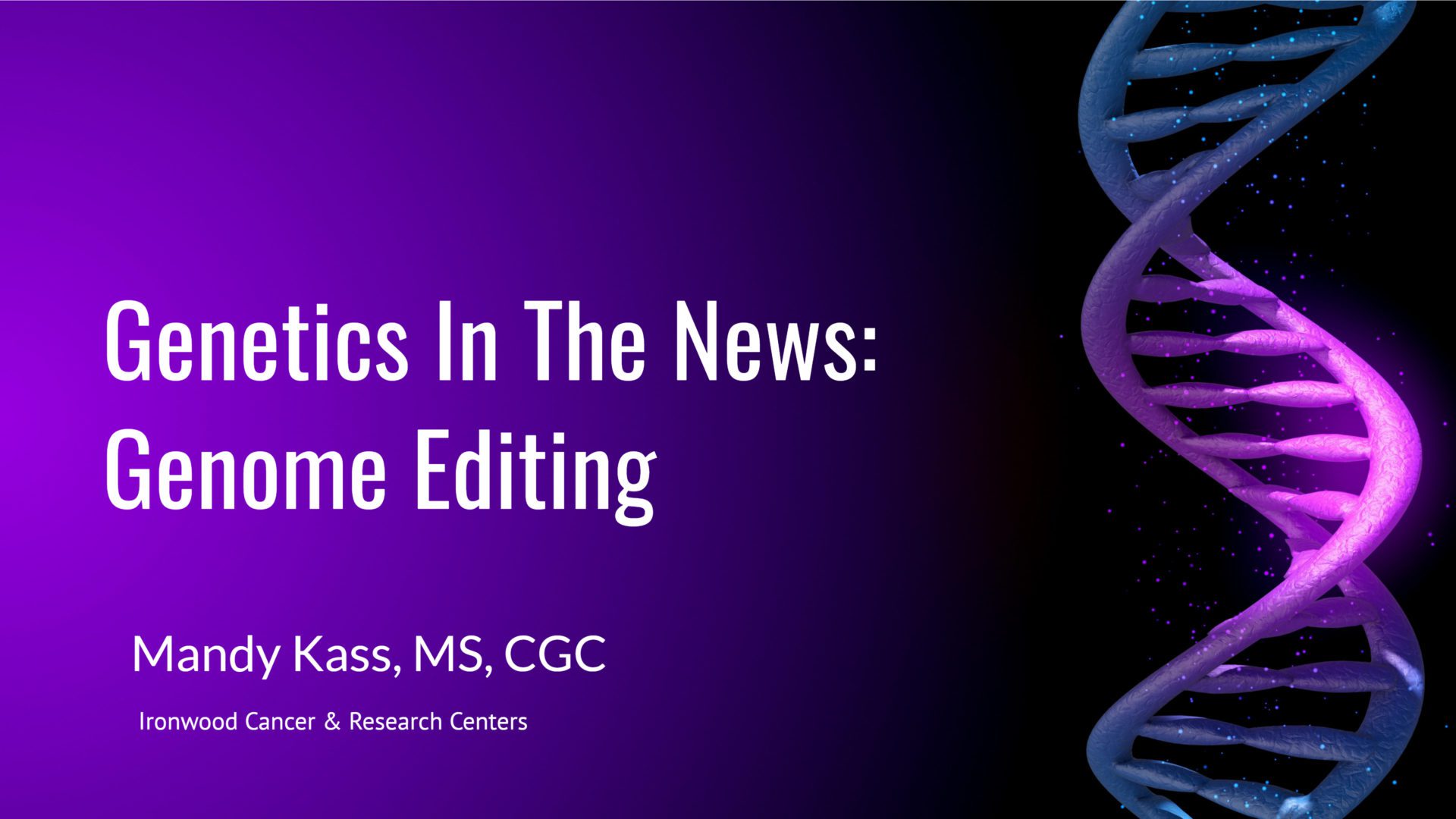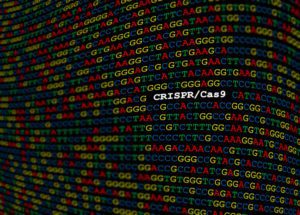
Posted 4 years ago
Genetics In The News: Genome Editing
How Genome Editing Technology is Being Used to Fight Human Disease
Genetics is arguably one of the fastest advancing fields of science and medicine today. This is in part because of a technology known as CRISPR/Cas9. CRISPR (pronounced “crisper”) is a genome editing tool that allows scientists to cut pieces of DNA from within a cell’s genetic code, and paste in new ones. The goal here is to modify the genes overall function and has many potential applications including correcting genetic defects and treating and preventing the spread of diseases.
 CRISPR Clinical Trials
CRISPR Clinical Trials
In late 2019, clinical trials began in humans in the United States to test the safety and efficacy of CRISPR against cancer, blood disorders, and one form of inherited blindness. Unlike the editing of human embryos or egg and sperm cells, the genetic changes introduced in these trials would not be inherited by future generations and only affect certain tissues. Results of the CRISPR cancer trial suggest that CRISPR treatment designed to boost the cancer-fighting power of immune cells called T cells is safe. The results are from three patients – two with multiple myeloma and one with sarcoma.
These patient’s T cells were removed and then edited in the lab by disabling three genes in the T cells and then arming these cells with a gene that directs the cells to the tumor cells. The trial has shown that CRISPR edited T cells took hold and reproduced in the cancer patients with no side effects being experienced by the three patients. There is still work to be done as the overall effectiveness of the therapy continues to be studied, but the overall safety has been demonstrated in this initial trial and provides optimism that the approach may be applicable across many areas of gene therapy research.
The Future
Whether CRISPR becomes an accepted therapy and how the technology is regulated depends heavily on these initial trials. These genome editing trials should help scientists learn about the types of DNA changes that CRISPR can produce in a variety of tissue types and using different delivery methods. They also aim to identify potential unwanted changes in DNA and if identified, do these unwanted changes have a meaningful impact on the patient’s health? Largely, the prospect of using gene editing tools like CRISPR to treat human disease is moving closer and closer to reality, making CRISPR technology an area to keep a watchful eye on in the near future.
As a certified oncology genetic counselor, Mandy works with patients who have a personal and/or family history of cancer to assess their risk of having an inherited cancer predisposition. This information allows for the pursuit of early detection or possibly prevention of certain cancer types. The ultimate goal of cancer genetic counseling is to empower patients to use their personal risk information to better inform treatment and management decisions and to educate family members on their possible cancer risks.
About Ironwood Cancer & Research Centers
Ironwood Cancer & Research Centers (ICRC) is the largest multi-specialty oncology network in the Greater Metro Phoenix area. They have over 100 medical providers, a robust Integrative Services program and a dedicated clinical research department. Ironwood Cancer & Research Centers has 15 valley locations and five comprehensive cancer care centers that offer a multi-disciplinary approach for expedited personalized patient care. For more information, please visit www.ironwoodcrc.com.

 CRISPR Clinical Trials
CRISPR Clinical Trials